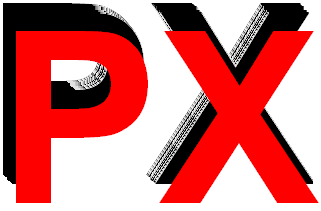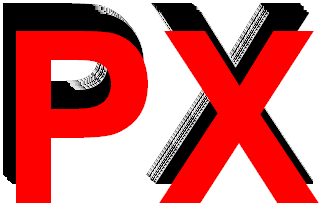The Lethal Power of Big Oil
- By Poetry X
- 23 March, 2015
- No Comments
ExxonMobil on March 5th 2015 begun operations in the region of Guyana where there is a border dispute with Venezuela since 1899. This is a $200 M project for ten years. This area is known as the 2nd largest not explored oil reserve on the world. However, Guyana has not given concessions only to ExxonMobil but also to Anadarko, a company that is directed by an Obama financier, Anthony Chase, and at least two former pentagon functionaries. Back in 2013, Venezuela captured an Anadarko ship while it violated the sea space to do oil studies. We must know in 1966 an international court stated as legitimate the claim from Venezuela and sentenced Guyana not to take any decisions regarding this territory in dispute until is solved – therefore concessions to Exxon and Adarko are illegal.
We must point out this conflict and a possible trigger to start an international conflict, expecting the Venezuelan left leaning government to fall. We must note oil companies have so much power that they become key players in over-trowing governments regardless of what crimes they have to commit while doing so. Remember Shell in Nigeria responsible for the death of Saro Wiwa. Also the BP is responsible for overthrowing elected president Mosadeq from Iran [New York Times Apr 16-2000 / CIA Apr 14-2007]. In more recent events, the toppling down president Yanukovych in Ukraine was followed by placing Vice President Biden’s son, Hunter Biden, in the board of Ukraine’s largest private gas firm [Washington Post May 14-2014], the overthrow of president of Honduras Manuel Zelaya on 2009 right after singing an oil contract with Petro Caribe. Previous to this deal Zelaya had refused to renew contracts with Exxon and Chevron [Washington Post Jan 14-2007], And also the coup against Fernando Lugo in Paraguay in 2012 was to make the way in for Dahava Oil [Oil VoiceAug 7-2012].
In Latin America, since the very beginning, oil companies have been implicated in major political turning points. To understand this better let’s take the case of Ecuador. Nowadays Ecuador is leaded by a extremely popular elected President, Rafael Correa, a very achieved academic economist and it seems the oil company Chevron will not miss the opportunity to destabilize this left leaning government. It’s important to remember that during the 1970’s, during the time of the military dictatorship, Ecuador finally finished paying its debt to England, a debt that had incurred for its independence in the 1830’s. Very quickly, the dictatorship bestowed very generous concessions to the oils companies including Texaco (which later on would merge into Chevron).
The first elected president after the dictatorship was Jaime Roldos – in 1979. This president won the elections unexpectedly and started a nationalist agenda claiming the resources for the people. In 1981 Roldos refused to accept the conditions demanded by Texaco and Shell oil companies that were already operating in Ecuador [Telegrafo May 24-2013]. Soon after, Roldos announced the nationalization of oil and stated to promote democratic alliances in the region, a move that was seen a threat to the U.S. interests [Daily Censored]. Weeks after that, Roldos died in a very suspicious airplane crash. A very incomplete investigation determined the airplane crash was an accident [Survincity Mar 2011].
Not surprisingly for many, right after Roldos’s death, Texaco started very good relations with Ecuador once again.

 Copyright © 2024
Copyright © 2024
Leave a Reply